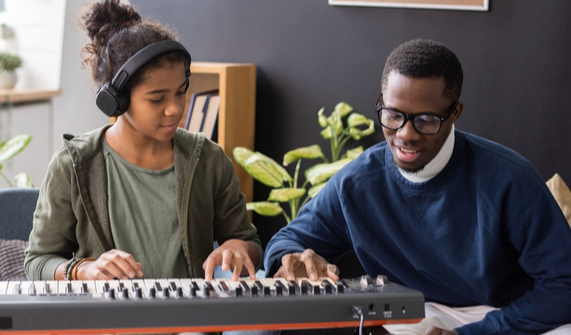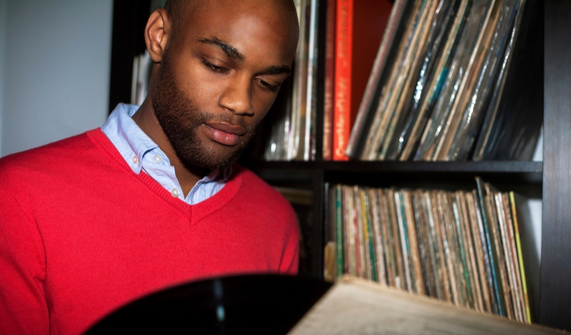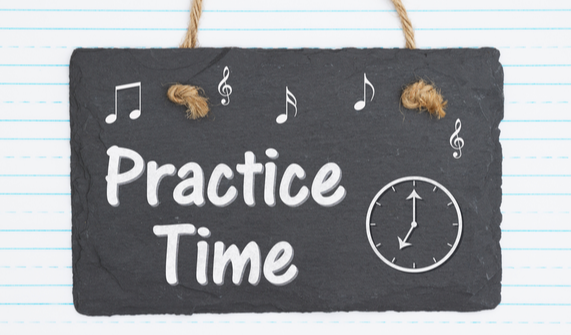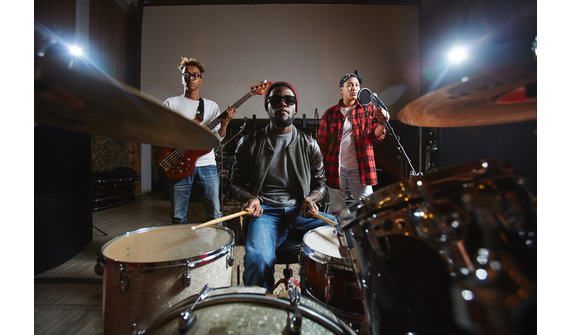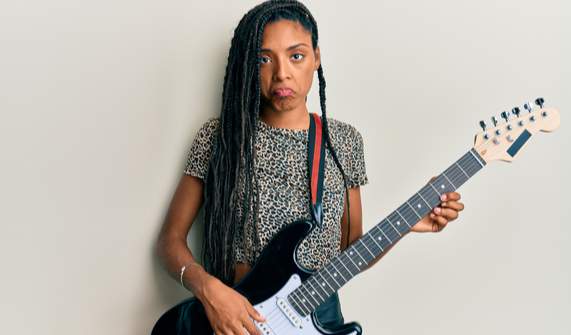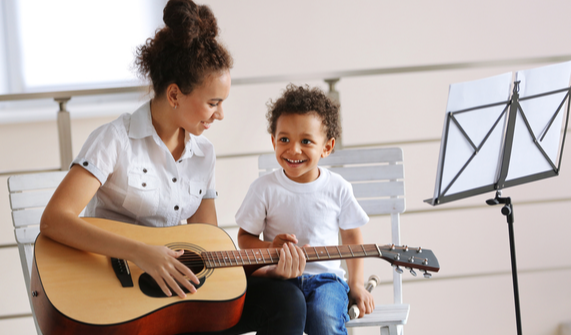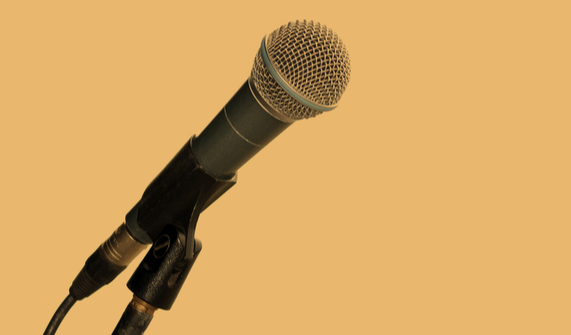
How To Set Up The Perfect Home Music Practice Space
Setting up a music practice space can be extremely beneficial to the developing musician, no matter if this space is a corner of a room or a separate room in a house. A familiar space containing all the required tools at the ready means that more time is spent practicing and less time is spent trying to get organized. In this blog let’s explore a few strategies to get a well organized music practice space.
Make It A Dedicated Practice Space
When it comes to cooking, having a kitchen makes meal preparation a lot more efficient and enjoyable. All pots and pans, utensils, and plates are in an accessible area. Being familiar with the layout and knowing exactly where one needs to go to get the tools to prepare a meal means dinner will be ready a lot faster. If one is making dinner in an unfamiliar kitchen, the quality of the meal may be impacted because the tools for the job may be missing or not where one expects them to be.
Much like a familiar kitchen, having an organized Music Practice Spaces allows for a familiar environment where the layout is known and the required tools are found quickly. It also allows to minimize distractions which will elevate a practice session making it more fruitful. Ideally the goal should be to walk into a practice space that is ready so that one can sit down and start practicing right away.
There is also a mental benefit to having a dedicated space. Humans are creatures of habit and routine. The brain seems to be able to settle down on a task a lot quicker when there is an element of familiarity. By having a dedicated space setup, the brain knows that when it is in the practice space, it’s time to play an instrument.
Tools to Keep In A Music Practice Space
One motivational strategy is to always have an instrument setup. Leave the instrument out of its case so that all that is needed is to reach for it. This also has the added benefit that it’s always in sight. If an instrument is seen, it is likely to be used more often. Keep it In sight and in mind!
Keeping all required tools in arms reach is important. Depending on preference, this starts with having access to paper, pencil, and an eraser. While there is a level of convenience to using a tablet and stylus, some students of music find that using an actual pencil on paper helps the brain remember things better.
While on the topic of tablets and apps, it may still be useful to have a real tuner and metronome. While it may be useful having all required apps on our smartphones, it may be distracting to pick up a smartphone to use a tuner but then find that there is a text message. Having a dedicated tuner means that there is less of a risk of becoming distracted with one of the many other apps that are on a smartphone.
For the same reason as having a separate tuner and metronome, having physical books provide a less distracting and more personal practice experience. Making personal notes in the book adds a personal touch to the practice experience. There is also a sense of progress that is observed when writing in a faster tempo marking because an exercise can now be executed at a faster tempo. Of course, a mistake or two can also be made here and there so having an eraser nearby is useful.
Keep a Journal
Going back to being able to come and go as needed due to various elements in life including children, pets, partners, or other activities that may interfere with your practice session, having a journal provides a quick way to make notes, look back, and plan ahead. Starting with a thought of the day might help get in the right headspace to practice. Looking at where an exercise was left off last time will give a quicker way to start right into what’s next. One can also plan ahead by making notes at the end of a practice session. For example, perhaps an exercise is played in three keys. For the “next session”, pick three other keys to play the exercise in so that no time is wasted thinking of what keys an exercise has already been played in and what keys are left to do. Musicians that are dedicated to journaling have a sense of accomplishment when looking back a week, month, or year.
The perfect music practice space can contribute to a more productive practice session. Always have your instrument and tools in sight, be aware that mentally you are in control, and keep a journal so you can record your progress.
Now that you are aware of these tools, what else can you do to help your journey to becoming the musician you want to be? Check out THIS BLOG if you are an Adult Learning to Play Music and CONTACT US for private online music lessons to fast charge your progress on any instrument.
